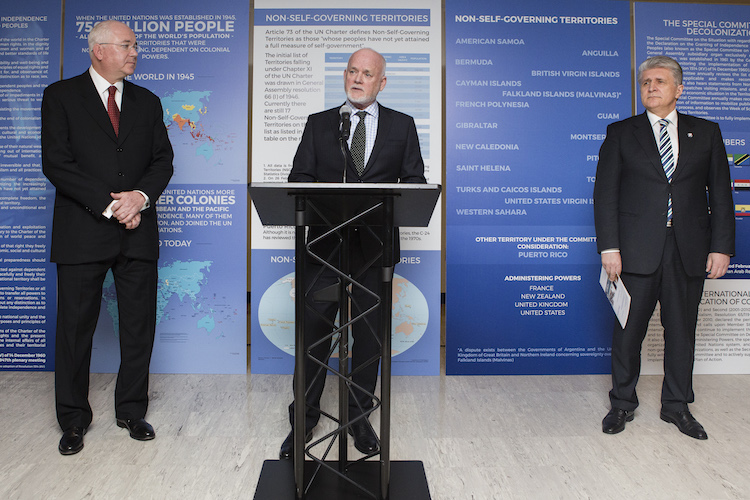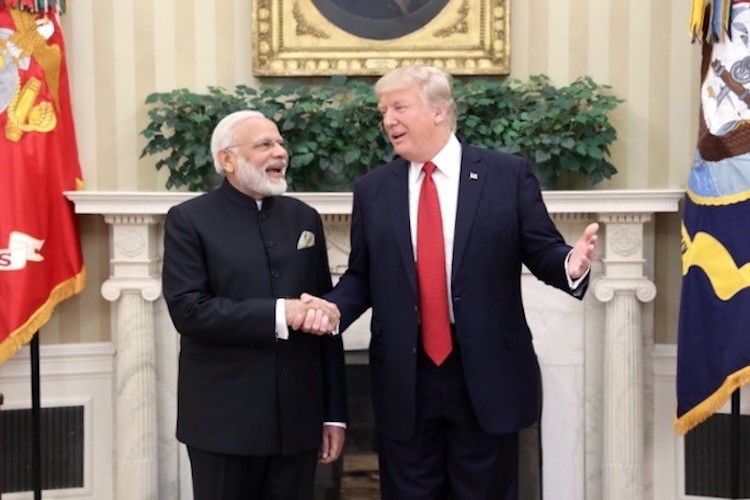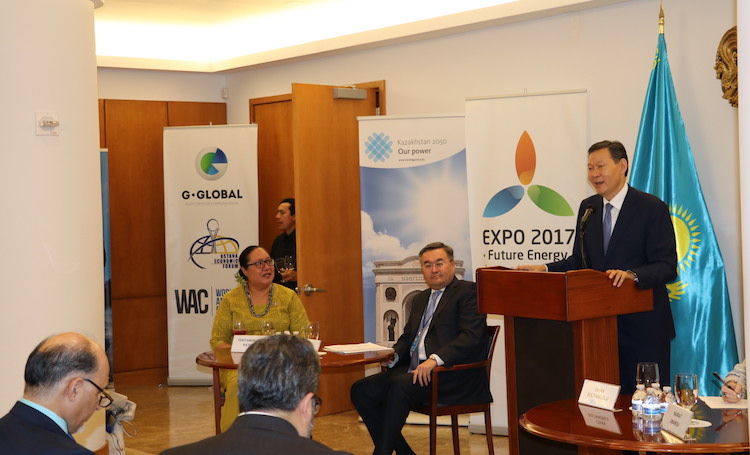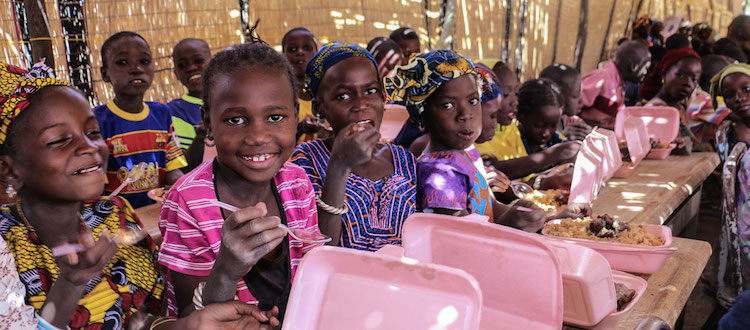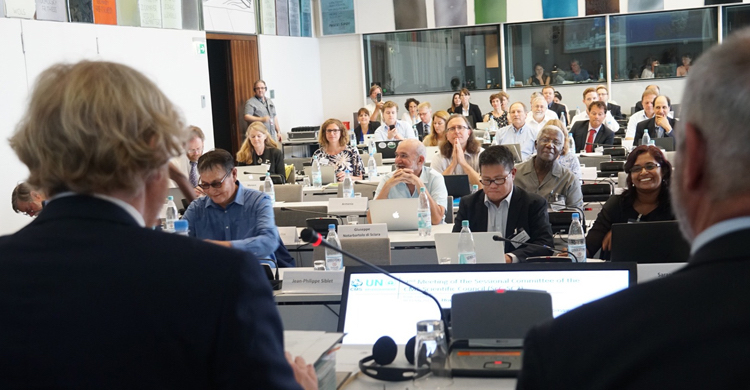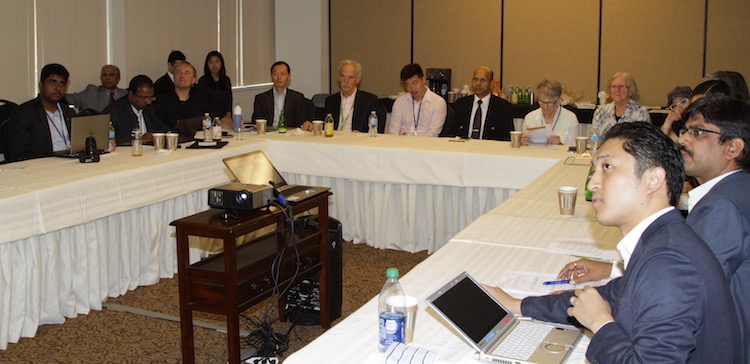By Ronald Joshua
ROME (IDN) – “Rural areas are failing to provide opportunity and are losing their young people. This has major consequences at the local, national and global level. It can erode national economies, political stability, and food security,” warned Gilbert F. Houngbo, president of the International Fund for Agricultural Development (IFAD) at a recent conference hosted by the African Union Commission, the European Commission and the Estonian Presidency of the EU in Rome, Italy.
The conference on July 2, 2017 focused on Making Sustainable Agriculture a Future for Youth in Africa – against the backdrop that an estimated 440 million young people will enter the rural labour market by 2030 in Africa alone.



